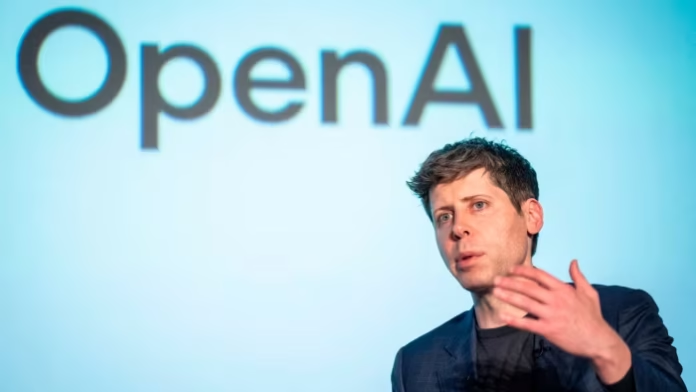OpenAI CEO Sam Altman warns that the current excitement around artificial intelligence may resemble a bubble, according to CNBC.
“Are we in a phase where investors are overly enthusiastic about AI? I think so. Is AI the most significant development in a long time? I believe that too,” he stated to reporters last week. “When bubbles form, even the smartest people can get overly excited about a grain of truth.”
Altman likened the recent surge in AI investment to the dot-com boom of the 1990s, when hype inflated valuations before the Nasdaq crashed, losing nearly 80% of its value.
He isn’t alone in this belief. Alibaba co-founder Joe Tsai, Bridgewater’s Ray Dalio, and Apollo Global Management economist Torsten Slok have all issued similar warnings. Slok argued that the AI boom could be “bigger than the internet bubble,” noting that today’s market leaders appear more overvalued than those in the 1990s.
Not all analysts share this view. Ray Wang of Futurum Group stated Monday that “from the perspective of broader investment in AI and semiconductors… I don’t see it as a bubble. The fundamentals across the supply chain remain strong.” However, he acknowledged an “increasing amount of speculative capital” chasing weaker companies.
CNBC reports that investor concerns have risen alongside escalating competition. Earlier this year, Chinese startup DeepSeek claimed to develop an advanced model for under $6 million, significantly less than the billions spent by U.S. giants like OpenAI—though these claims are disputed.
Meanwhile, Altman has recognized challenges at OpenAI. He revealed to CNBC that the company is on track for $20 billion in annual recurring revenue but remains unprofitable. The release of the GPT-5 model received mixed reviews, prompting OpenAI to restore access to GPT-4 for paying users.
He has also begun to question whether the term “artificial general intelligence” still holds value, suggesting it may be losing relevance despite earlier predictions of its imminent arrival.
Investor confidence, however, remains strong. OpenAI is preparing a $6 billion stock sale, estimating the firm’s value at about $500 billion, just months after raising $40 billion at a $300 billion valuation—the largest private tech funding round ever.
Looking ahead, Altman mentioned that OpenAI could spend “trillions of dollars” on data centers and hinted at potential expansions into consumer hardware and brain-computer interfaces. He even suggested the possibility of acquiring Chrome if regulators required Google to sell.
When asked if he would still be OpenAI’s CEO in three years, he replied, “Maybe an AI will be CEO in three years. That’s a long time.”

